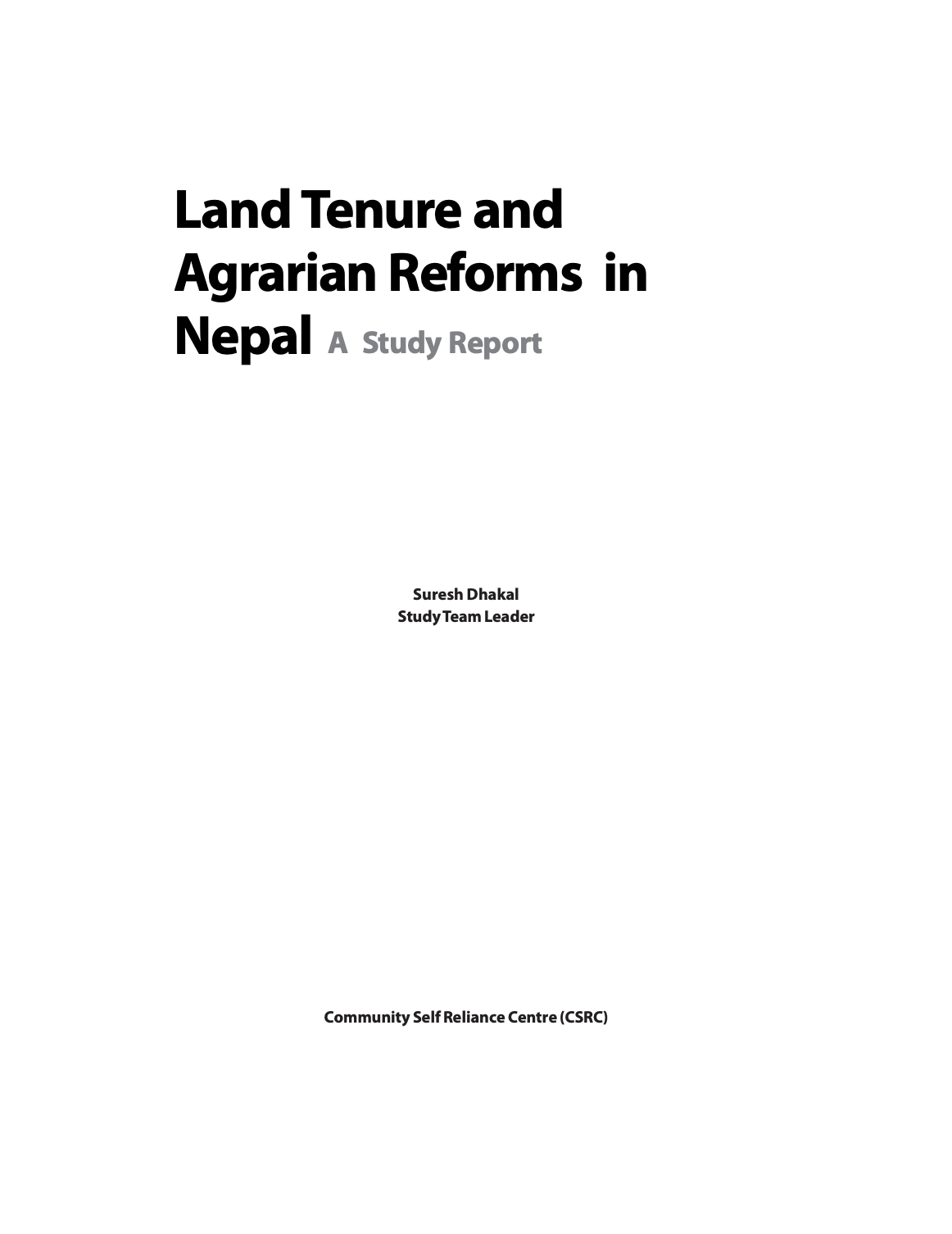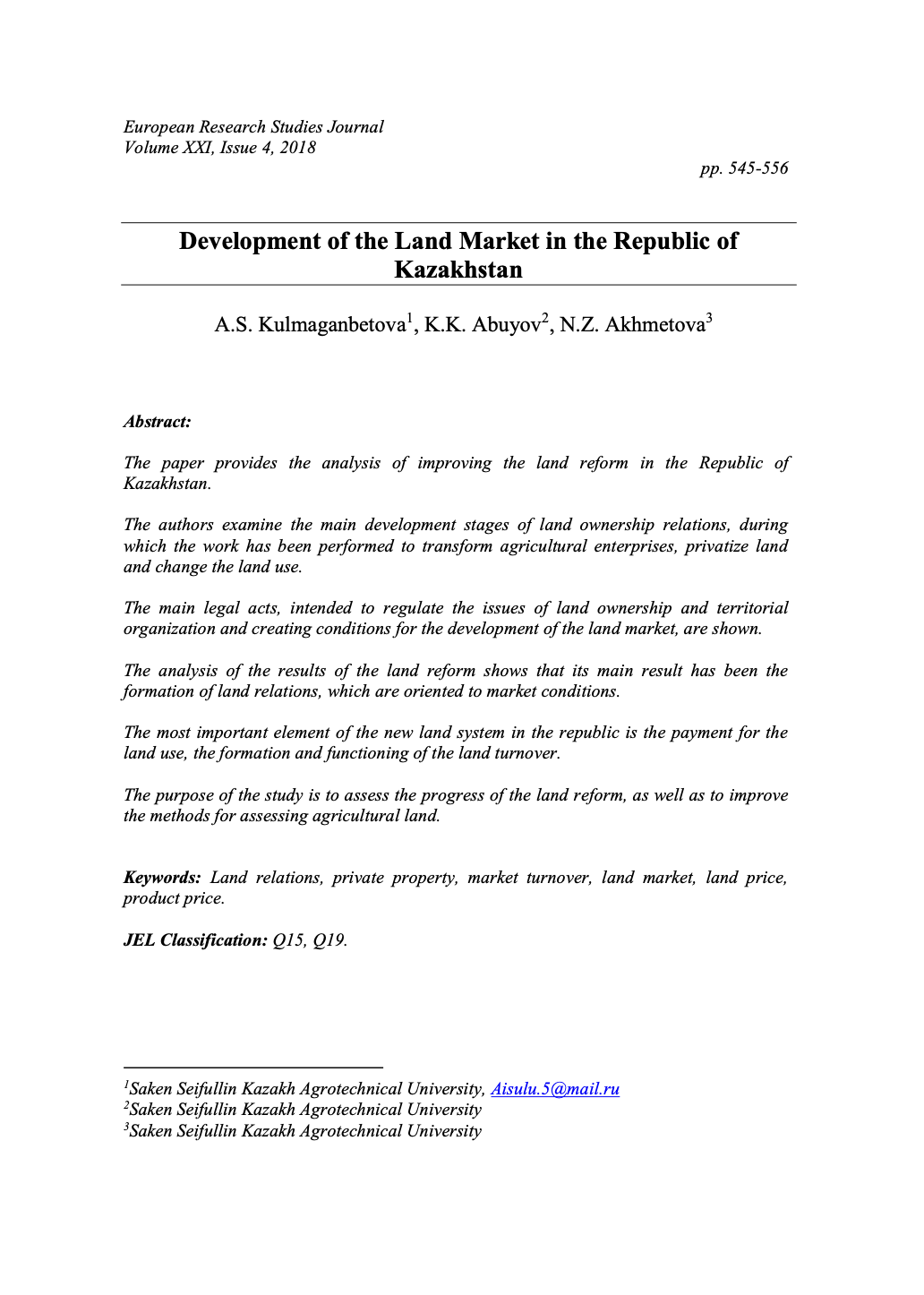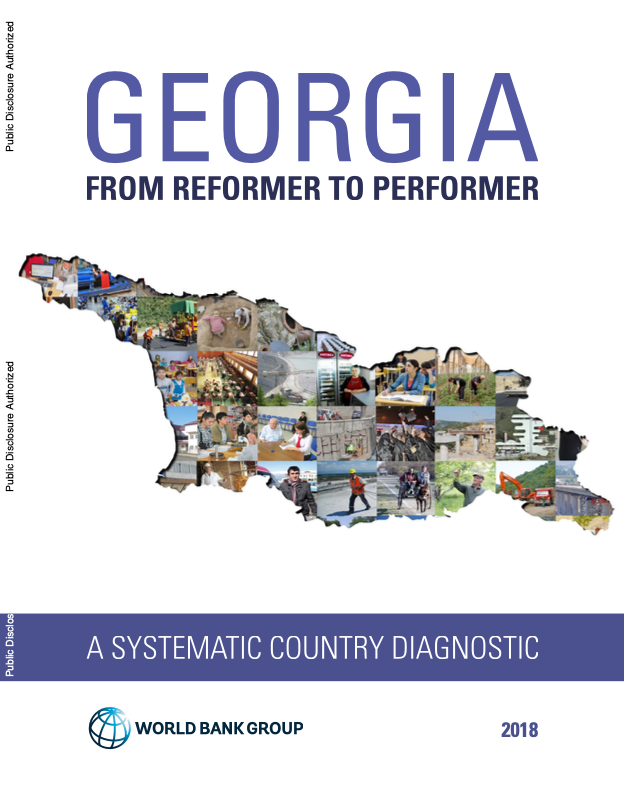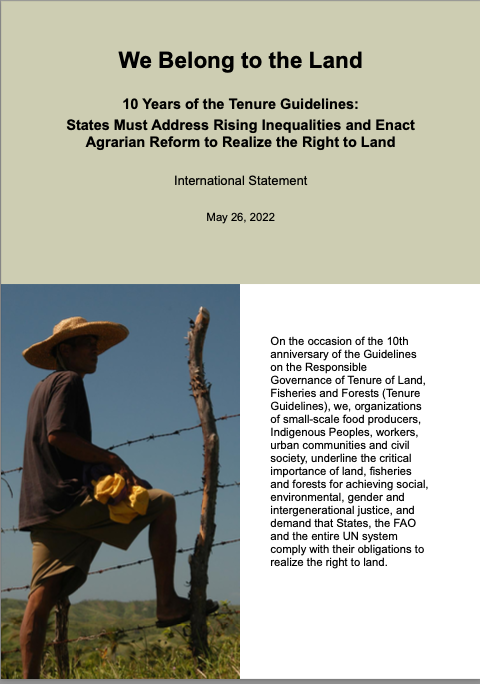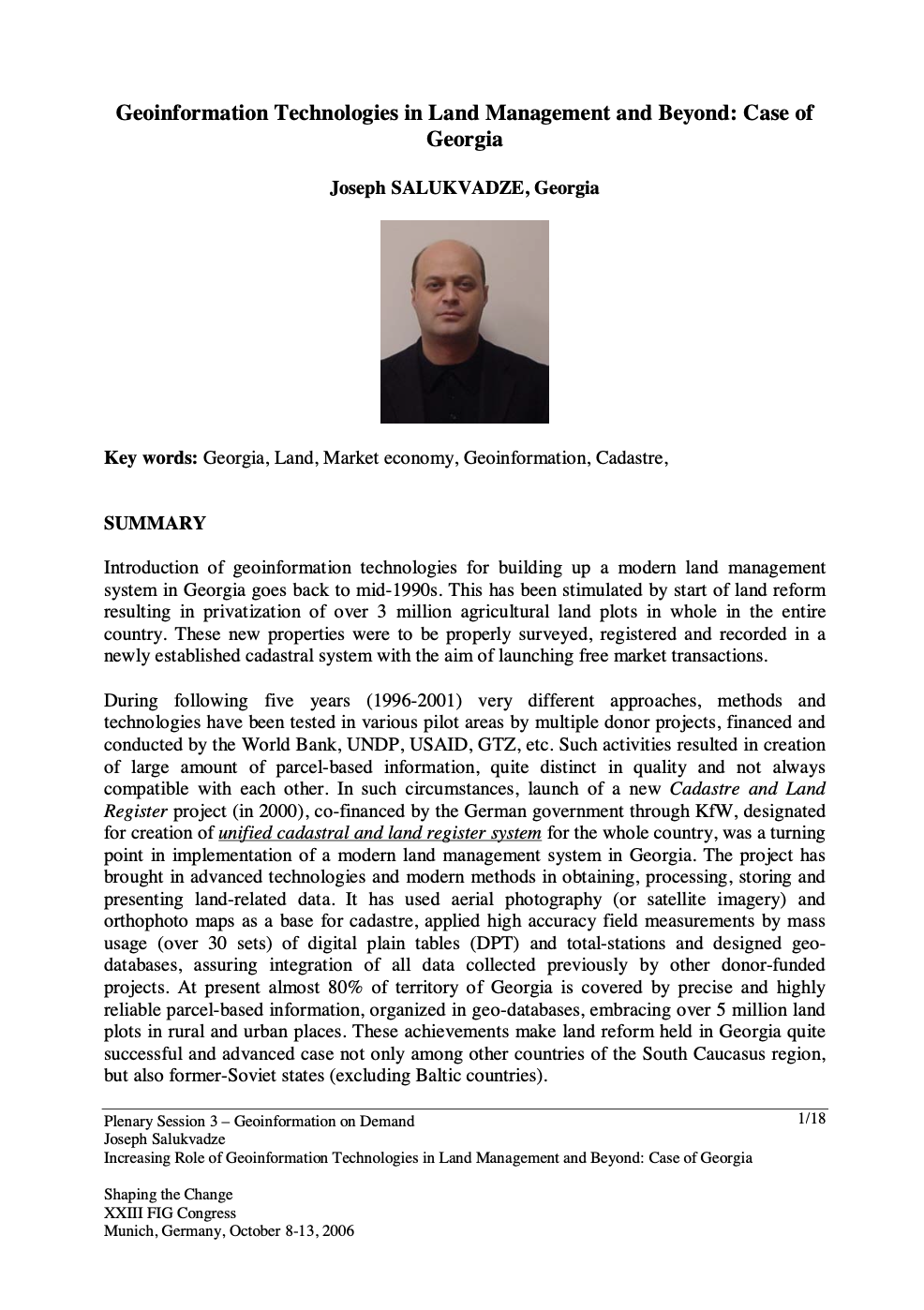Land Tenure and Agrarian Reforms in Nepal: A Study Report
The question of land and agrarian reform has become the most pertinent post-conflict agenda at this historical juncture while the country is undergoing a restructuring process. State restructuring is about the restructuring of the economic and political power. In Nepal, the land ownership pattern still determines the economic prosperity, social status and the political power of any individual or family. Therefore, the question of land and agrarian reform has been so critical issue at this point of time.

